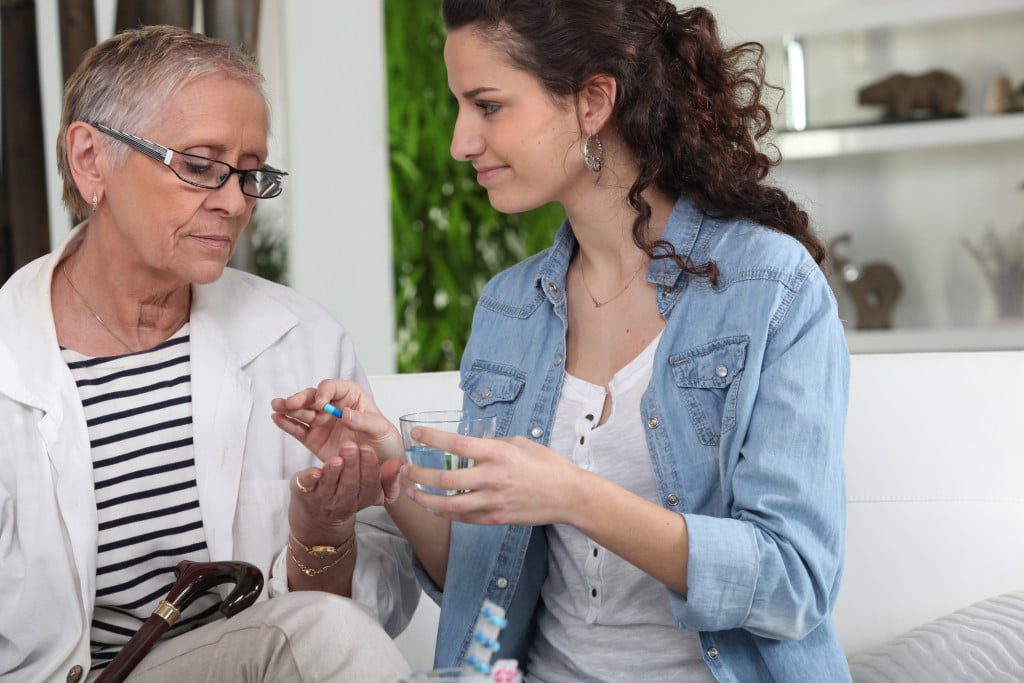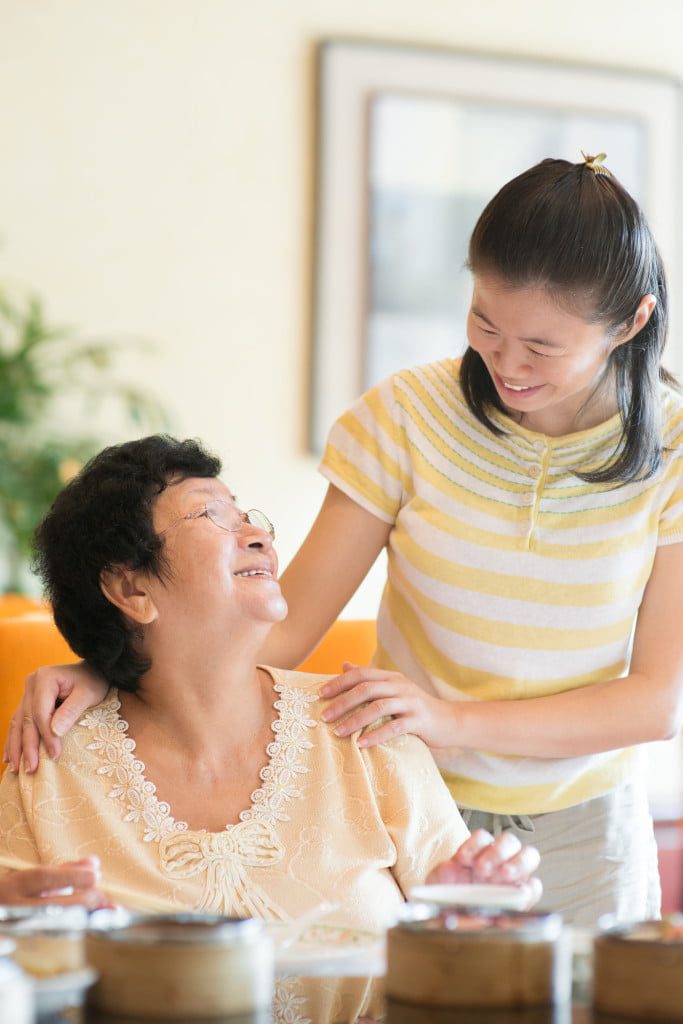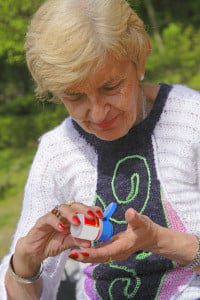 A diagnosis of diabetes can be challenging and overwhelming, both for the person that is diagnosed and for caregivers. As a caregiver, we try to help our loved ones to live the healthiest lives possible and doing so means that we need to figure out how to help with diabetes.
A diagnosis of diabetes can be challenging and overwhelming, both for the person that is diagnosed and for caregivers. As a caregiver, we try to help our loved ones to live the healthiest lives possible and doing so means that we need to figure out how to help with diabetes.
Tailor your Role Based on the Need
As a caregiver, the answer to how to help with diabetes is going to depend on your individual situation and how much help the person you are caring for actually needs.
For example, some people with diabetes may simply need someone to support them and remind them here and there about approaches that they are supposed to be taken.
In other cases, your role as a caregiver might be much more complicated. This could include keeping track of medications, using the various meters and tools involved with diabetes and ensuring that the patient is eating correctly.
There is also a difference between helping and nagging.
Some people try to force healthy behaviors on the people that they are caring for. This approach is often well-intentioned, but it frequently has the opposite effect, making patients less likely to adhere to healthy behaviors.
As such, it is important to tailor your approaches around what the individual wants as well as what they need.
Another example of this is to be aware of the pace of the person that you are helping.
It is often necessary to set small goals in diabetes management because large goals (and the disease as a whole) can often seem overwhelming, which can make them challenging to achieve. Small goals might include approaches like taking a walk after dinner or cutting a certain type of food out of the diet.
As a caregiver, you can also work on planning and making changes with the person that you are caring for, rather than simply telling them what to do. This approach can help them to feel more empowered and more in control – something that can increase their success in managing their diabetes.
Learn Important Knowledge
One of the most important parts of learning how to help with diabetes is making sure that have enough information to help effectively.
This includes having the ability to recognize the symptoms of low blood sugar and also know how to test for low blood sugar. By extension, caregivers should know what approaches to take to respond to low blood sugar, which may include the use of medication or specific foods.
Likewise, caregivers need to be aware of the symptoms of high blood sugar, how to test for this and what to do if the patient does have high blood sugar.
Take the Time to Learn
There are many programs and training approaches out there that can help you to learn more about caring for a patient with diabetes. These programs can teach you many important things, like how to make a balanced healthy meal, how to monitor blood sugar levels and what choices to make surrounding food.
One good approach is to talk to the patient’s doctor or nurse, who may be able to provide some information and potentially offer recommendations about where to go to find out additional information.
The American Diabetes Association also provides considerable information about diabetes as well as a hotline that you can call for more information.


Leave a Reply